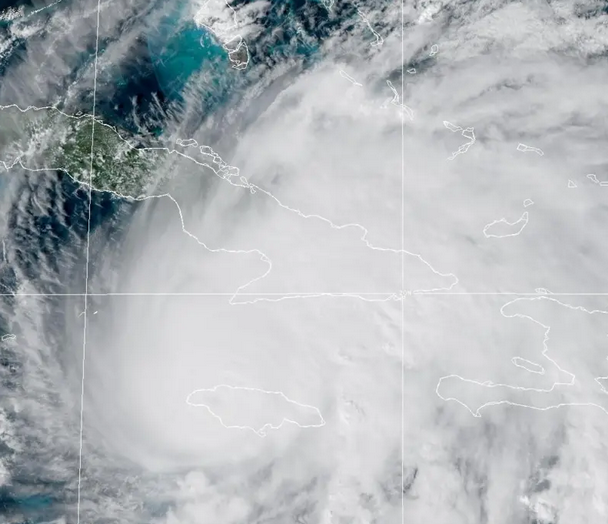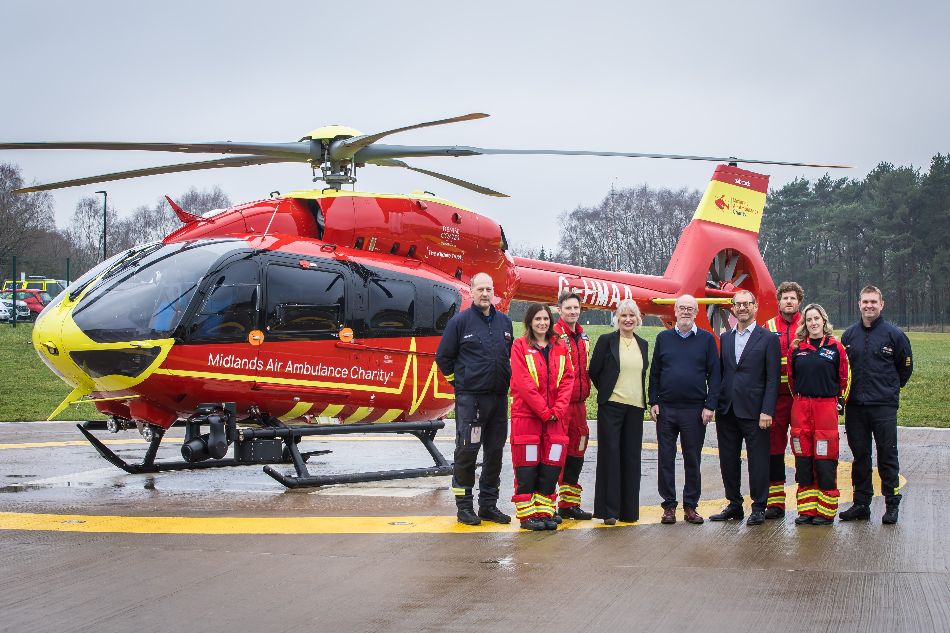Hurricane Melissa made landfall in south-western Jamaica as the strongest storm to ever hit the Caribbean nation in modern history.
The storm has weakened to a category four with wind speeds of 145mph (230km/h), after earlier lashing the coastline with winds of more than 185mph, but up to 30 inches (76cm) of rain is expected in some parts of the country, with areas already experiencing flash flooding. The storm is expected to remain severe as it crosses Jamaica and makes its way towards Cuba. One native said: "The winds are so strong you’re not able to stand up", while a woman said: "Water is coming through my roof - I am not OK".
During the day, dramatic videos from Jamaica has shown the early impacts of Hurricane Melissa, one of the strongest storms ever recorded. Videos show strong wind forces in Kingston, in the south, and swaying tree and flying debris in Montego Bay in the north of the island nation.
Some hospitals on the south coast of Jamaica had their roofs torn off, with one hospital in Saint Elizabeth having to move some patients up to higher floors because of previous damage the structure had sustained in Hurricane Beryl last year. The winds have been so strong in some parts of the country that "no structure" could withstand them, she says.
In Mandeville, water has risen up to the roofs of houses, with one person saying. "People were trying to rescue people in the middle of the storm just to save lives." As Melissa continues to batter Jamaica, across the Caribbean to the north, residents of the southern Cuban city of Santiago de Cuba are evacuating to higher ground.
Some are staying behind, trying to secure roofs and fences, while stockpiling drinking water. The hurricane's force has since been downgraded from a category five to a category four, but it is still lashing the island, as catastrophic winds of up to 150mph (240km/h), flash flooding, and a dangerous storm surge are ongoing, the National Hurricane Centre says.
Shortly before Melissa made landfall, Jamaica's electricity provider JPS said that over a third of its customers were without power, mostly in the west, and outage reports were still increasing. JPS posted an update - it doesn't offer specific numbers but says, "We know many of you are without power. We see you. We hear you".
George Chac from Phoenix, Arizona arrived to Ocho Rios, a town on the north coast of Jamaica, last week. Now, he's sheltering in a communal room at the Moon Palace Resort with dozens of others.
"The prepping and waiting have been a roller coaster of emotions,” he said.
“There’s a lot of anxiety and we just wish that it would get on with it and be over instead of looming over us like it is. Staff has been staying at the hotel attending to guests instead of with their own families.”
The US Department of State has sent out a warning to American travellers as Hurricane Melissa hits: get out if you can or take cover. "If you’re in an area projected to be in the storm's path, depart ASAP if still possible,” said a notice put out on the department's social media.
“Americans who decide to remain should make preparations to shelter in place." They encouraged citizens in the storm's path to register with their Smart Traveler Enrollment platform so US embassies can contact them and their emergency contacts.
Meanwhile, roads continue to flood and waterways are overflowing.











